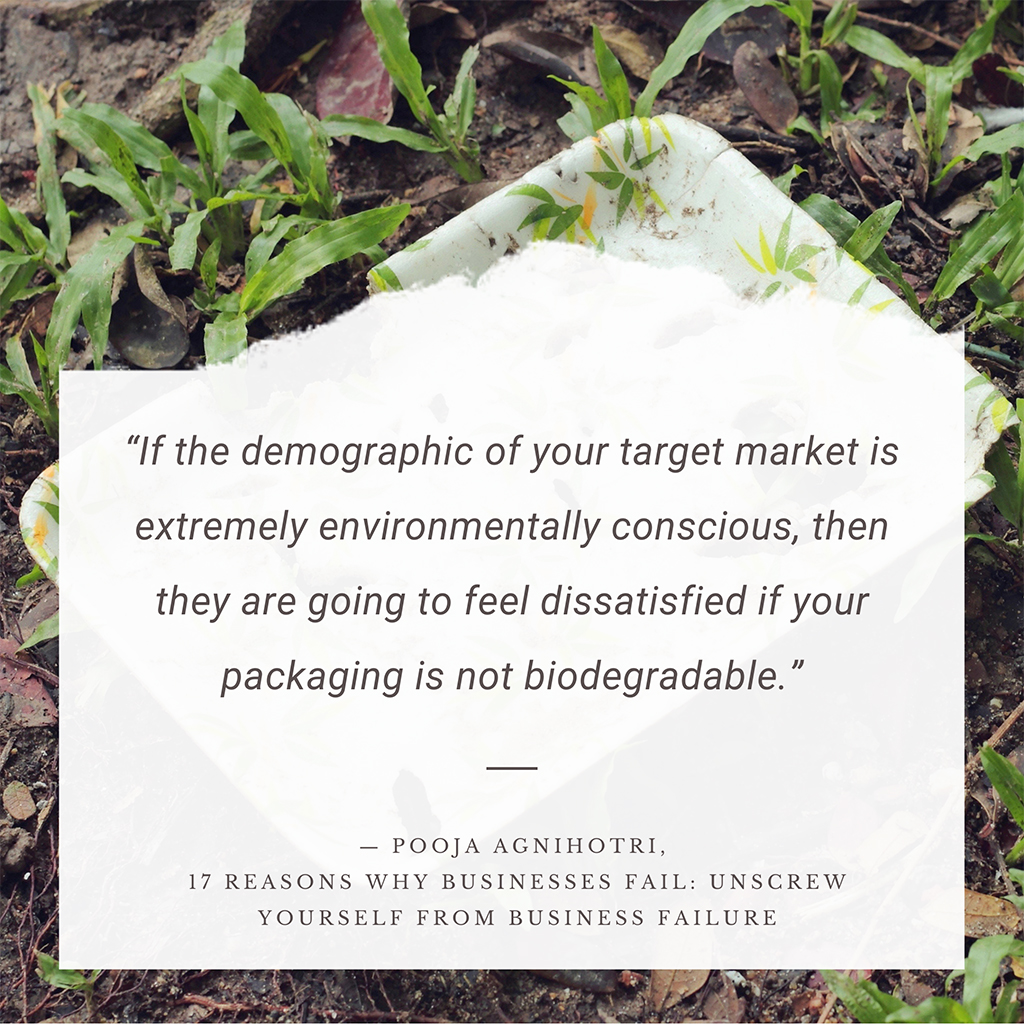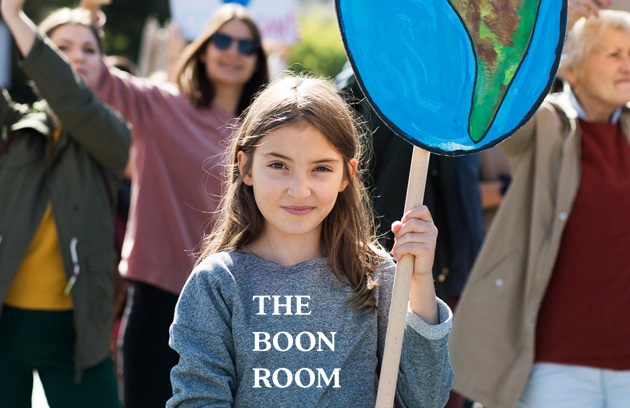The modern business is under a lot of pressure. There are more options for consumers than ever before, and the competition to win brand loyalty and return business is fierce. Companies exert effort to win customers in different ways, each with a varying level of success. Virtual marketing is currently a focus, as well as staying abreast of customers’ wants and needs. In the last five years or so, there has been a unique shift in what consumers really want to see from their favorite businesses. Where trendy marketing and quality products may have once been the primary draw, modern consumers want more than that. They want to see their businesses participate in the issues that matter to them. However, sustainability efforts extend far beyond pleasing consumers and hopping on a trend. Rather, these issues are what will determine which businesses go under and which ones last.
Why Is Sustainability Important For Business?

Sustainability and environmental action are no longer simply attention grabbing “perks” for businesses to have. In fact, these efforts are what will determine the future of a business, its level of success, its ability to collaborate with other businesses or corporations, and whether or not the business lasts in changing markets. This concept is no longer about benefits to businesses; it’s about the survival of the business.
The Company’s Future
The proof exists in the name. Without eco-friendly, earth-conscious solutions on a large scale, most businesses won’t be sustainable. As resources dwindle, it’s important that businesses adapt to using sustainable methods in order to ensure that they will have the ability to continue to function far into the future. A company that finds itself in a sustainable future with no infrastructure in place to help adapt to changing methods, it will surely fail. It’s important to face the facts: if your business can’t survive without extreme waste and old-fashioned modes of energy, it likely will not survive past the next decade.
Mitigate Risk
Whether you think about it or not, the climate plays a huge role in the risks that businesses absorb every day. Our planet has the ultimate say in whether resources are available and if they get transported to the correct places. If you are relying on a significant amount of rice, for example, flooding in Thailand and other areas of Asia could put you at risk for lost profits. In 2011, Thailand’s floods had a strong impact on the textile business and put businesses in a vulnerable position when resources were not available to them. By installing and carrying out sustainable business practices, you can help control risk in two ways:
- You help to decrease the unpredictability of weather patterns by not using methods that cause further pollution and tamper with the earth’s weather.
- Your methods are less likely to be affected in general. For example, if you begin to use solar energy instead of coal or gas, you will not be shut down if there is a closure of a mine or an unavailability of fossil fuel. Sustainable resources are labeled as such because they are readily available, and often come from our own neighborhoods, so international weather or transport is not an issue.
Many businesses face significant risk through supply chains that rely on nonrenewable resources. By making changes, you minimize overall risk and can keep business stable.
Increased Profits
For many businesses, the bottom line in the short-term has to be profits. Few companies would have the support and funding to implement sustainability efforts if doing so would lose the company a significant amount of money. Though this is a fair point, the reality is that sustainability is generally less expensive for businesses in the long run. Though there may be an investment up front to build infrastructure, that money is allowing your business to operate reliably. You will likely recoup losses from decreased risk, and the cost to use the infrastructure is often much lower than traditional methods. For example, you may need to pay to install solar panels, but the cost to run them is a fraction of what you are currently paying in electrical bills.
Inspired Innovation
Depending on your industry, efforts to create a sustainable workplace may inspire your team or staff to brainstorm significant innovations. As the saying goes, “necessity breeds innovation,” and it’s entirely possible that one of your sustainable solutions could have wider reaching positive consequences than you can imagine. Though some of these ideas may be small, you may be surprised how many of your employees have ideas about ways to make the company sustainable. In larger ways, demanding sustainability will require creativity and problem-solving from those involved. Practicing these traits will likely have widespread benefits for company culture.
Genuine Engagement
 The modern consumer wants to see their favorite brands and companies caring about their interests and social topics. While business engagement in social issues can go many different ways, perhaps the most overall beneficial way to get involved and make a difference is through increasing sustainability efforts. For businesses concerned about taking controversial positions on hot topic issues, sustainability presents the opportunity to take a stand on an important issue without creating too much division or conflict within its customer base; few people are upset about a company updating to sustainable resources. Many people, in fact, seek out businesses that are actively working toward a better future and will happily spend money with companies that are aligned with their values.
The modern consumer wants to see their favorite brands and companies caring about their interests and social topics. While business engagement in social issues can go many different ways, perhaps the most overall beneficial way to get involved and make a difference is through increasing sustainability efforts. For businesses concerned about taking controversial positions on hot topic issues, sustainability presents the opportunity to take a stand on an important issue without creating too much division or conflict within its customer base; few people are upset about a company updating to sustainable resources. Many people, in fact, seek out businesses that are actively working toward a better future and will happily spend money with companies that are aligned with their values.
Where Business Sustainability Starts

Even if you and your company have created a solid business case for sustainability, the concept of creating sustainable infrastructure, the task of creating a sustainable business can be intimidating. Overhauling a system will not happen in a single day, and changes need to happen one step at a time. At the same time, the clock is ticking. The sooner infrastructure is set up, the more successful your company can be in the long term. There are several ways to navigate this contradiction and ensure that you can successfully implement sustainability efforts on several levels of your company.
CEOs, Owners, and Upper Management
Many times, approvals and funding needs to come from the top of the business food chain. To make major and overarching change to a company, your CEO and high up professionals need to be on board. This will often inspire others to join the mission and can help make efforts more of a success.
Employees
Many of the changes will affect employees directly, and it is important to get their input and their approval. It doesn’t do much good to begin a composting program if those who will be doing the actual composting aren’t on board. You also may be surprised as to what insight non-managerial employees may be able to provide. As they work with your product or in your stores daily, they see ways in which products or policies can be improved. These ideas may be something that upper management has never considered or that didn’t make sense on paper but makes sense in action. The bottom line is that employees are essential to the sustainability process, and forgetting to consult with them puts your company at a serious disadvantage.
Human Resources Staff
As the go-between between upper management, owners, and employees, your HR department can be a huge asset to your sustainability efforts. The individuals in this department can help you to create an environment that fosters sustainability, and they can work it into the onboarding process as well as the handbook. HR can also ensure that concerns are heard by everyone and that there is a safe space to bring ideas about sustainability, no matter your employment level or tenure with the company.
The Time Is Now

No matter how you choose to implement sustainable changes to your company, trust that the effort is worth it in the long run. It will likely be a bit rocky at first, but eventually, your company will hit its stride in sustainability. Unfortunately, there is no time to waste when it comes to building infrastructure that can sustain your company into a greener, more eco-friendly future.
Resources are dwindling at an alarming rate, and it’s possible for entire ecosystems to collapse while we make these changes. The faster you build and implement a sustainable program, the faster you will see a return on your investment and the greater impact you can have on the environment. Hopefully, if we make large scale changes now, we can continue to operate our social and economic systems far into the future.
Related Reading: The Best Sustainability Ideas for Businesses Today

The Boon Room is more than a website, brand or service. It’s an idea. It’s a project. It’s a mission. It’s a coming together of companies, investors, cultivators, manufacturers, distributors, retailers and inspired entrepreneurs who believe businesses need to look for ways to invest in sustainablity.

